Common Estate Planning Mistakes

Estate Planning can be one of those big daunting tasks that you put off. It can feel overwhelming and you may question whether its worth it. First let me tell you, it is definitely worth it. When my brother passed away unexpectedly in 2001, through our grief, pain, and shock, my parents and I were left to scramble. We had a funeral to plan, a headstone to order, and a burial plot to find. These tasks were followed by selling his car, going through his things, closing his accounts, and figuring out what to do with it all.
You don’t want this to be the experience of your loved ones. So once you have decided to prepare your Estate Plan, it is important you don’t make the following four mistakes.
#1 NOT FUNDING YOUR TRUST
Most trusts are created to avoid probate court and unwanted tax consequences. However, failing to fund your trust once it’s created will defeat the whole purpose. Often, attorneys do not provide their clients with the appropriate instructions or take the extra step in helping their clients fund the trust. If there are not any assets in your trust upon your passing, your beneficiaries will be required to open probate to properly fund the trust. This will have to happen before the assets can be distributed according to your wishes. Make sure to ask your attorney what they will do to help you fund the trust after it is created.
Here at the Law Office of Christine Diorio, P.A. we take three specific steps to make sure your beneficiaries don’t have to go to probate to appropriately distribute your assets.
1) We draft the appropriate deeds needed to place your real estate in your trust.
2) We draft a pour-over-will to ensure that any assets remaining outside of your trust after you pass away will automatically be added to your trust.
3) We provide you with a set of easy to follow instructions for retitling your assets and accounts to they are appropriately titled in the name of your trust, and which assets should not be retitled to avoid unwanted fees and tax consequences.
#2 DO-IT-YOURSELF PACKAGES
In the age of You Tube and Legal Zoom, it is easier than ever to create an estate plan on your own with cheap do-it-yourself forms and packages. While these supposed “cost effective” efforts can be alluring, they can also lead to a false sense of security. Each state has specific rules that must be precisely followed in order for the estate plan to be upheld as valid and not subject to attack later on.
A huge misconception exists that a simple will is all that is needed to avoid probate court. This is not true. To avoid probate you must create a trust and for that trust to operate the way you want it to, it must be created correctly and properly funded or it too will fail to achieve your goals. When it comes to something as important as your legacy – nothing can outweigh the peace of mind that comes with knowing an experienced attorney prepared your estate plan.
#3 NOT UPDATING YOUR ESTATE PLAN AFTER DIVORCE
While it is true that any clauses which mention your former spouse in your old estate plan will lapse upon your divorce, it is still better practice to create a new estate plan which renounces your old one so your loved ones aren’t left confused. Most importantly, if you do not want your former spouse to be in charge of your children’s inheritance if you pass, you MUST update your estate plan. Without someone specifically named as the trustee of your children’s inheritance from you, the court will be left to appoint a guardian to oversee how their money is distributed – which almost always defaults to the surviving parent. If that is not what you want, you need to get your new estate plan drafted as soon as possible.
I wrote an entire blog post about updating your Estate Plan after divorce, which you can find here.
#4 NOT HAVING AN ESTATE PLAN AT ALL
As I shared, through the unexpected death of my brother, I learned the great importance of an Estate Plan. If you die without an estate plan, your loved ones will be required to go to probate court and the assets you left behind will distributed according to the intestacy statutes of your state. The intestacy statutes are usually written by the state legislature, so if you don’t want the government to decide how your estate should be distributed you need an estate plan. If you believe there is at least one person who will be affected by your death, then you need an estate plan. I am not sure about you, but I do not want to leave my loved ones to fend for themselves in probate court while coping with their grief. Taking the time to settle your own affairs ahead of time is one of the most loving things we can do for those we leave behind.
If you are reading to create your estate plan, contact The Law Office of Christine Diorio, P.A. for a free 30 minute zoom consultation to begin to learn about our easy process today.

